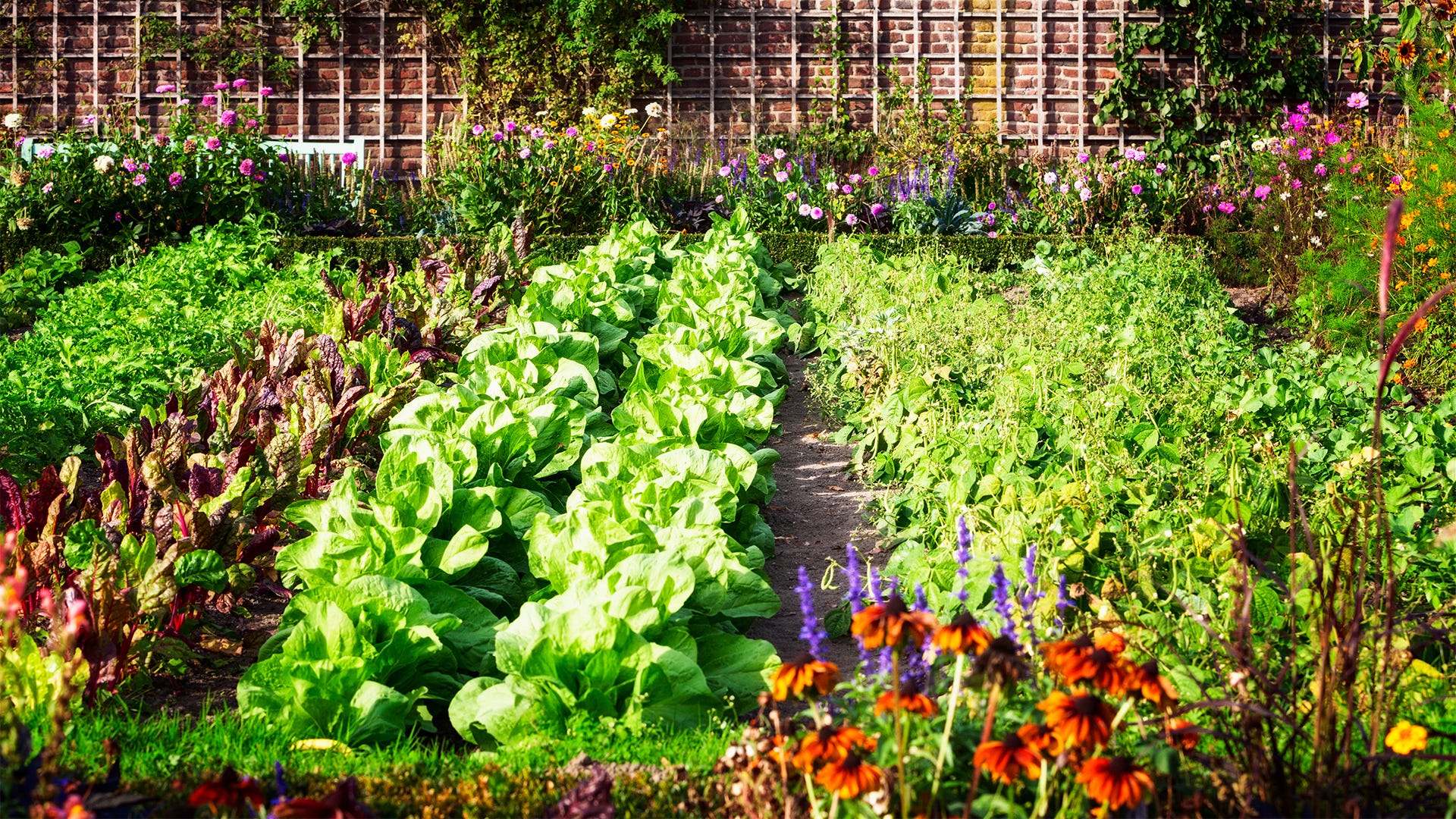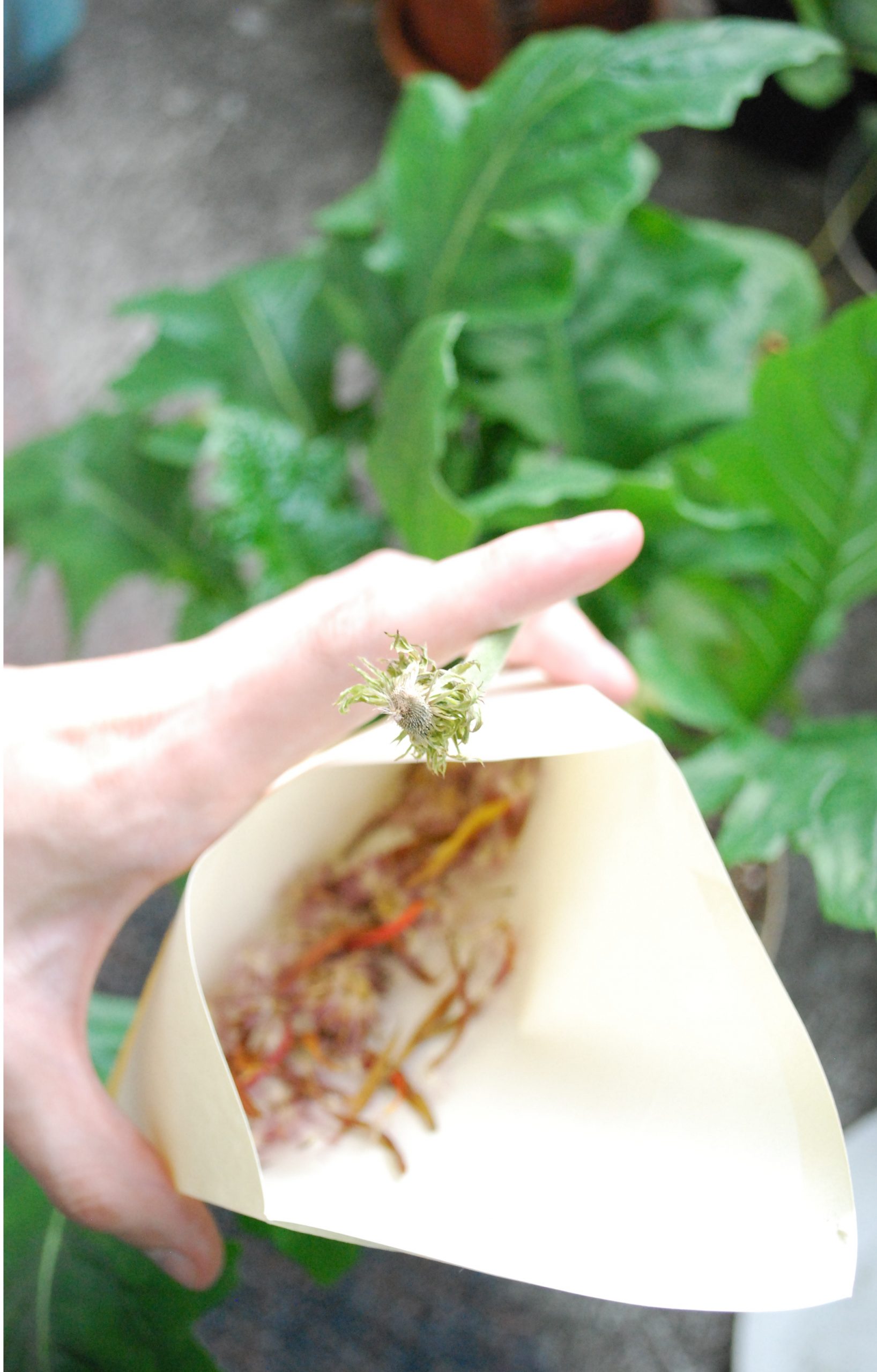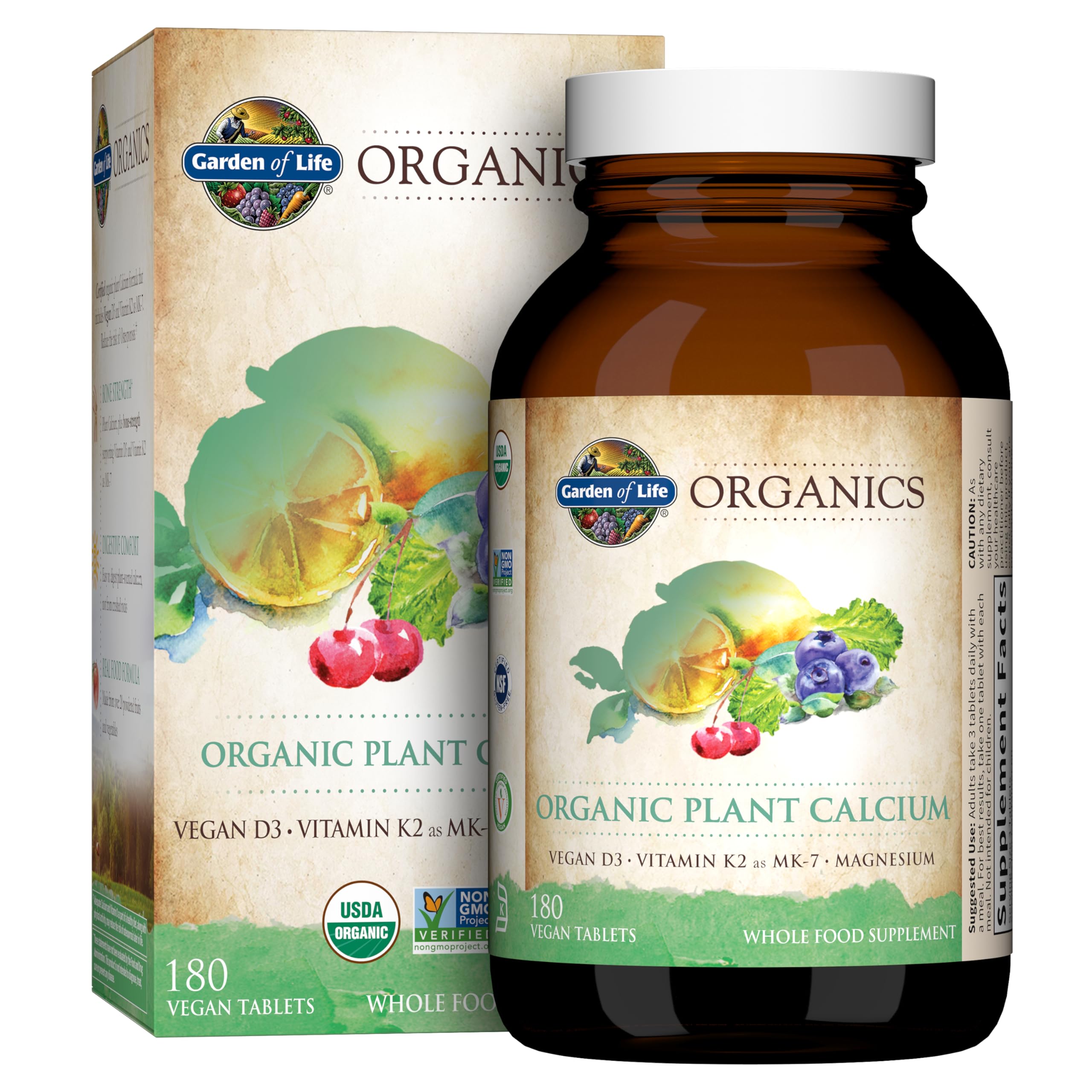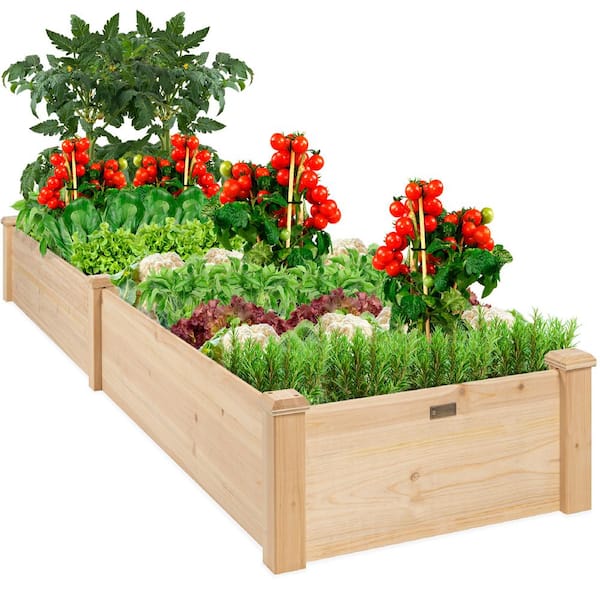Essential Elements of Organic Gardening: A Complete Guide to Sustainable Practices. Discover The essential elements of organic gardening in our complete guide! Learn simple, sustainable practices To grow healthy plants & protect The Earth.
What is Essential Elements of Organic Gardening: A Complete Guide To Sustainable Practices & how does it work?
Organic gardening focuses on sustainable practices. Methods encourage healthy growth using organic materials. Harmful chemicals remain absent in this approach. Soil health promotes strong plant development. Natural compost & fertilizers enhance nutrient absorption. Biodiversity contributes positively To garden ecosystems. Crop rotation prevents soil depletion & disease. Conservation of water remains integral for thriving gardens. Pests receive management through natural predators & barriers.

Brief history of Essential Elements of Organic Gardening: A Complete Guide To Sustainable Practices
Organic gardening traces back centuries. Ancient civilizations relied on natural methods. In modern times, an increasing awareness arose concerning chemical farming. In 1940s, pioneers formalized organic techniques. Over decades, communities embraced sustainable practices. Organizations emerged promoting organic standards & principles. A growing consumer demand for organic products fueled this evolution. People increasingly seek transparency in food sourcing.
How To implement Essential Elements of Organic Gardening: A Complete Guide To Sustainable Practices effectively
Start by assessing your garden space. Choose native plants suitable for local conditions. Prepare soil by adding organic matter & compost. Use cover crops for improved soil health & structure. Create a planting schedule for seasonal crops. Employ mulching To conserve moisture & control weeds. Regularly monitor plants for signs of pests or diseases. Engage local resources for workshops or community support.
Key benefits of using Essential Elements of Organic Gardening: A Complete Guide To Sustainable Practices
Organic gardening provides numerous advantages. Healthy soil promotes strong plant growth. Reduced chemical exposure benefits human health. Biodiversity enhances ecosystem resilience. Pollinators thrive in organic environments due To diverse flora. Flavorful produce results from organic methods, appealing To consumers. Sustainable practices contribute positively toward combating climate change. Strong community connections develop through shared gardening experiences.
Challenges with Essential Elements of Organic Gardening: A Complete Guide To Sustainable Practices & potential solutions
Organic gardening presents certain challenges. Pest management can require more effort than conventional methods. Soil health may take time & patience. Weather conditions can impact crop yields unpredictably. Limited access To resources often affects beginners. Employ crop diversity for natural pest deterrence. Utilize organic pesticides only as a last resort. Establish a learning network for shared expertise & solutions.
Future of Essential Elements of Organic Gardening: A Complete Guide To Sustainable Practices
Organic gardening will continue evolving. Innovations in sustainable methods arise constantly. Urban gardening trends gain momentum in cities. Technology enhances organic practices, optimizing yields. Educational programs increase awareness about organic benefits. Policy changes may further promote sustainable agriculture. Collaborations among communities foster resilient food systems. A focus on health, sustainability, & community remains crucial.

Essential Elements of Organic Gardening
Organic gardening promotes healthy soil, plants, & ecosystems. Utilizing sustainable practices fosters not only productivity but also protection of our environment. Essential elements encompass various components, including soil health, pest management, crop rotation, & biodiversity.
Soil serves as foundation for any garden. Healthy soil contains nutrients, minerals, & microorganisms that support plant growth. Alternative practices enhance soil quality naturally. For an overview of organic gardening principles, check this link.
Soil Health
Soil health acts as backbone of organic gardening. Balanced soil supports strong plant roots while providing necessary nutrients. Achieving optimum soil condition requires adding organic matter like compost or aged manure. These amendments improve soil structure & enhance nutrient availability, creating a vibrant ecosystem underground.
Regular soil testing identifies nutrient deficiencies & pH levels. Testing allows gardeners To amend soil accordingly, ensuring plants thrive. Adjustments, such as liming or adding sulfur, help cultivate a balanced environment for crops. Additionally, planting cover crops nourishes soil, prevents erosion, & promotes moisture retention.
Mulching practices retain soil moisture, suppress weeds, & enhance aesthetic appeal. Organic mulch, such as straw or wood chips, breaks down over time, enriching soil further. Protecting soil from compaction ensures that air & water circulate effectively, promoting healthy root growth.
Pest Management
Pest management remains crucial in organic gardening. Instead of using synthetic pesticides, natural alternatives preserve beneficial insects while controlling unwanted pests. Integrated Pest Management (IPM) strategies encourage The balance between pest & predator. This approach allows plants & insects To coexist without harm.
Encouraging biodiversity attracts natural predators. Ladybugs, lacewings, & predatory wasps protect plants from pests. Creating habitats for these beneficial insects can enhance sustainability. Regular monitoring of pest populations helps gardeners detect problems early, minimizing damage & reducing pest pressures.
Safe organic pesticides, such as neem oil or insecticidal soap, provide effective solutions for managing outbreaks. Applying these treatments judiciously ensures that plants receive necessary care without harming beneficial organisms. Emphasizing preventive measures fosters healthier crops that resist diseases & infestations.
Crop Rotation
Implementing crop rotation helps maintain soil fertility & prevent disease buildup. Rotating different plant families across seasons disrupts pest & disease cycles. This practice reduces reliance on chemical inputs while fostering diverse ecosystems. For instance, following heavy-feeding vegetables with legumes enhances nitrogen levels in soil.
Integrating cover crops as part of rotation plans improves soil structure & adds organic matter. By alternating crops, gardeners can manage nutrient utilization efficiently. This approach allows for better yields & healthier plants without exhausting soil resources.
Creating a detailed crop rotation plan ensures efficient use of garden space. Keeping records helps track plant histories, preventing potential issues from recurring. Rotating crops also aids in maximizing biodiversity, ultimately enhancing resilience against diseases & pests.
Biodiversity in The Garden
Biodiversity strengthens ecosystems within gardens. Cultivating a variety of plants fosters interactions between species. Different plants attract diverse pollinators & beneficial insects, promoting a balanced ecosystem. Incorporating flowers among vegetables improves pollination, ultimately enhancing crop yields.
Planting native species supports local wildlife while requiring less maintenance. Native plants adapt better To local climates & conditions, often needing fewer resources. They also provide habitats for beneficial organisms that aid in pest control.
Integrating vertical gardening techniques & companion planting enhances biodiversity in small spaces. Using trellises or vertical structures maximizes growing areas while encouraging interactions among plants. Companion planting involves pairing plants that benefit each other, such as tomatoes with basil, To deter pests & promote growth.
Water Management
Efficient water management remains vital in organic gardening. Implementing rainwater harvesting systems can significantly reduce reliance on municipal water sources. Collecting rainwater for irrigation enables better control over water usage, promoting sustainability.
Drip irrigation systems deliver precise amounts of water directly To roots, reducing waste & promoting deep root growth. This method encourages healthier plants while conserving resources. Avoiding overwatering protects soil structure & nutrients from leaching away.
Mulching conserves moisture & reduces evaporation. Organic mulches, like straw or bark, help maintain consistent soil moisture levels. This practice promotes healthy plant growth while minimizing weed competition, leading To a thriving garden ecosystem.
Composting
Composting serves as a cornerstone of organic gardening. Creating compost provides nutrient-rich material that enhances soil health. Composting kitchen scraps & yard waste significantly reduces landfill contributions while benefiting gardens. This practice nourishes soil, improving fertility & moisture retention.
Compost must balance nitrogen-rich “greens” & carbon-rich “browns.” Green materials include vegetable scraps & grass clippings, while brown materials comprise dry leaves & cardboard. Regularly turning compost promotes aeration, which speeds decomposition, ultimately yielding a rich, organic fertilizer.
Adding finished compost improves soil structure & enhances nutrient levels. This organic amendment promotes microbial activity, creating a vibrant ecosystem. Utilizing compost enhances sustainability while reducing dependency on chemical fertilizers.
Organic Seeds & Plants
Using organic seeds & plants ensures healthier growth & ecological balance. Certified organic seeds come from plants grown without synthetic fertilizers or pesticides. Choosing heirloom varieties often promotes biodiversity, ensuring unique flavors & resilience To pests.
Starting seeds indoors allows for better management of growing conditions. This process promotes quicker growth cycles while reducing disease risk. Transplanting strong seedlings into garden beds fosters healthy plant establishment, ensuring robust growth & productivity.
Source plants from reputable nurseries that offer organic options. Confirming certifications helps maintain organic integrity. Building relationships with local growers encourages knowledge exchange & supports sustainable practices within communities.
Seasonal Gardening
Seasonal gardening enables gardeners To maximize yield throughout each growing period. Understanding local climate conditions allows individuals To adjust planting schedules accordingly. Cool-season crops thrive during early spring or fall, while warm-season crops flourish in summer.
Planning crops based on seasonal understanding ensures continuous production & nutrient availability. Succession planting involves staggering sowing times for various crops, providing long harvest periods. This approach enhances productivity while diversifying diets & cooking options.
Participating in seasonal festivities, such as harvest festivals, fosters community engagement. Gathering with neighbors To celebrate local produce promotes awareness about sustainable practices. Sharing knowledge & bounty strengthens connections among community members & enhances appreciation for organic gardening.
Benefits of Organic Gardening
Organic gardening yields numerous benefits for individuals & communities. Growing food without harmful chemicals promotes healthier diets. Fresh, nutrient-rich produce enhances overall wellness, leading To improved quality of life.
Engaging in gardening serves as a therapeutic outlet. Spending time outdoors reduces stress & fosters mental well-being. Connecting with nature provides a sense of accomplishment & fulfillment through nurturing plants from soil To harvest.
Participating in organic gardening promotes environmental stewardship. Each action taken, from conserving water To supporting biodiversity, contributes positively toward ecosystems. Nurturing a garden allows individuals To become stewards of their surroundings while fostering sustainable practices among communities.
Featured Elements of Organic Gardening
- Soil Health 🌱
- Natural Pest Management 🐞
- Crop Rotation Strategy 🌾
- Biodiversity & Companions 🌼
- Effective Watering Techniques 💧
- Composting Benefits ♻️
- Organic Seed Selection 🌿
Understanding Organic Gardening
Organic gardening revolves around practices aimed at working with nature. Adopting organic methods enhances soil health, promotes biodiversity, & supports local ecosystems. Many individuals transition from conventional gardening due To worries about chemical pesticides. Natural alternatives offer a healthier approach. Cultivating plants without synthetic chemicals aligns with a broader movement toward sustainability.
A crucial aspect also involves observing local climates & conditions. Each region possesses unique environmental factors that affect plant growth. Using native plants not only conserves resources but also encourages beneficial insects. These insects provide essential services like pollination & pest control. Observing these local conditions can greatly impact success in gardening endeavors.
For those wishing To delve deeper into organic gardening principles, valuable resources exist online. Websites like What Is Organic Gardening offer comprehensive insights. Each resource guides individuals through best practices for fostering gardens that thrive in harmony with surrounding ecosystems.
Choosing The Right Location
Selecting an appropriate site remains vital for any garden. A sunny area yielding at least six hours of light daily proves excellent for most vegetables. However, consider shade-tolerant varieties when shade dominates your space. Locations with good drainage also help. Wet feet result in root rot, jeopardizing plant health.
Moreover, testing soil plays an essential role. Kits available at garden centers make testing simple. Analyzing pH & nutrient content aids in adjusting conditions. Gather necessary organic amendments based on test results. Balancing soil nutrients enables plants To flourish.
Additionally, factors like wind exposure & accessibility should receive attention. Wind can damage delicate plants. Position your garden where wind barriers exist, such as fences or hedges. Accessibility facilitates ongoing care & harvest, making gardening enjoyable & less labor-intensive. Properly placed gardens allow for easier maintenance.
Soil Quality & Preparation
Soil acts as a foundation for any organic garden. Healthy soil teems with life, promoting robust plant growth. Organic matter, like compost, enriches soil fertility. The more organic material included, The better fungi & microorganisms will thrive.
Amending soil further enhances quality. Incorporate ingredients like peat moss, leaf litter, & grass clippings. These materials add texture & boost moisture retention. Dense or clay-heavy soil requires regular aeration. Aerating helps roots access oxygen, fostering healthy growth.
Regular mulching also contributes positively. Mulch reduces weeds, minimizes water evaporation, & regulates soil temperature. Organic mulch could include straw, wood chips, or shredded leaves. Utilizing these materials contributes back into your garden ecosystem.
Selecting Plants Wisely
Choosing appropriate plants aids in successful organic gardening. Opt for varieties suited for local conditions. Heirloom seeds provide diverse flavors, superior nutrition, & resilience. Multiple growing options abound, depending on personal preferences & climate zones.
Companion planting plays an integral role. Some plants enhance each other’s growth while deterring pests. For example, marigolds repel nematodes that harm vegetables. Integrating different plant types promotes a healthier environment. Raised beds or intercropping yield different benefits, improving biodiversity.
Understand seasonal changes for effective planting. Cool-season crops thrive in early spring or fall. Warm-season varieties succeed in hotter months. Planting at optimal times keeps gardens productive throughout seasons. Utilizing local planting calendars offers great guidance.
Pest & Disease Management
Managing pests organically requires vigilance. Monitoring for signs of infestation helps catch issues early. Manual removal provides a straightforward approach. Hand-picking pests limits damage while maintaining harmony with nature.
Natural predators support pest control effectively. Introducing beneficial insects, like ladybugs, controls aphid populations. Habitat creation for these insects promotes their presence. Native plants provide food & shelter for natural pest fighters.
Employ organic solutions for disease prevention. Companion planting defends against harmful pathogens. Crop rotation prevents soil-borne diseases from establishing. Alternating plant families yearly diminishes potential threats, boosting resilience.
Water Conservation Techniques
Effective water management contributes significantly. Implementing rain barrels collects runoff for gardens. This method conserves water & promotes sustainable practices. Using drip irrigation delivers moisture directly at plant roots efficiently, minimizing waste.
Soil moisture retention proves essential. Adding mulch helps maintain needed moisture levels. Organic materials, including straw or wood chips, minimize evaporation. Additionally, water deeply yet infrequently encourages root development.
Time watering strategically during cooler parts of daylight. Mornings or late afternoons provide ideal conditions for absorption. Watering at these times lessens evaporation, optimizing usage. Watching for signs of stress in plants aids in adjusting schedules appropriately.
Composting: A Key Element
Composting serves as an organic gardener’s best friend. It breaks down organic waste into rich, nutrient-dense material. Using kitchen scraps, yard waste, & biodegradable products ensures minimal waste. This process enhances both soil fertility & structure.
Understanding ratios plays a crucial role. Maintaining a balanced mix of “green” & “brown” materials facilitates efficient decomposition. Green materials include nitrogen-rich items, such as kitchen scraps, while brown materials contain carbon-rich components like dried leaves. Achieving balance creates ideal conditions for microbes To thrive.
Monitoring moisture & aeration remains essential. A well-balanced compost pile should feel moist but not soggy. Regular turning introduces necessary oxygen for decomposition. Finished compost adds tremendous value To soil health, promoting sustainable growth.
Maintaining Garden Health & Productivity
Regular maintenance ensures healthy garden growth. Weeding, watering, & mulching form essential tasks. Mulch not only suppresses weeds but also conserves moisture. A consistent routine strengthens plant health, increasing both yields & satisfaction.
Encouragement of beneficial insects enhances productivity. Planting a variety of flowering plants invites pollinators, ensuring healthy fruit & seed production. Integrating flowers throughout vegetable gardens fosters a diverse environment, yielding successful crops.
Periodic soil testing maintains soil health. Testing every couple of years provides insight into nutrient levels. Applying organic fertilizers according To guidance keeps plants nourished & productive. Smart, proactive measures greatly enhance overall gardening success.
Comparison Table of Organic Practices
| Practice | Description | Benefits | Challenges |
|---|---|---|---|
| Mulching 🌿 | Protect soil surface with organic material. | Suppresses weeds, retains moisture. | May require regular replenishing. |
| Companion Planting 🌻 | Plant different species together. | Enhances growth, deters pests. | Requires knowledge of beneficial pairs. |
| Crop Rotation 🔄 | Change plant locations each season. | Prevention of soil depletion & diseases. | Requires planning & record-keeping. |
| Composting ♻️ | Decomposing organic waste into fertilizer. | Improves soil health & structure. | May take time for effective results. |
| Natural Pest Control 🐞 | Use natural predators for pest management. | Reduces harmful chemicals in gardens. | Results can vary based on pests. |
Creating a Community Around Organic Gardening
Joining local gardening clubs fosters community support. These groups often share resources, tips, & successes. Many communities hold workshops & events focusing on organic gardening practices. Participating enables growth & learning, enhancing individual skills.
Online forums & social media also connect passionate gardeners. Platforms like Reddit offer spaces for discussion & problem-solving. Engaging in these conversations provides an avenue for sharing experiences & gathering advice. Community input often proves invaluable in successful gardening practices.
Local farmers’ markets provide excellent opportunities for networking. These venues showcase local produce while supporting farmers. Various workshops & demonstrations often accompany these markets, creating informative experiences. Networking with fellow gardeners stimulates passion around organic gardening.
My Organic Gardening Experience
I started organic gardening a few years ago. Initially, I faced numerous challenges. Gradually, I learned from each obstacle & improved my techniques. Working with nature transformed my approach significantly. Tending To my plants brings immense satisfaction, reaffirming my commitment.

What is organic gardening?
Organic gardening is a method of growing plants that emphasizes The use of natural processes & materials. It aims To create a balanced ecosystem by avoiding synthetic fertilizers, pesticides, & herbicides.
What are The benefits of organic gardening?
Organic gardening promotes soil health, encourages biodiversity, & can lead To healthier food. It also reduces environmental pollution & enhances sustainability.
Do I need special seeds for organic gardening?
While not mandatory, it is recommended To use organic seeds or plants that are produced without synthetic chemicals. These seeds typically have a higher germination rate & are more resilient To local pests.
Can I use chemical fertilizers in organic gardening?
No, organic gardening prohibits The use of synthetic fertilizers. Instead, gardeners utilize natural compost, manure, & other organic amendments To enrich The soil.
How do I control pests in organic gardening?
Pest control in organic gardening can be managed through various methods such as companion planting, natural predators, & organic pesticides made from plant extracts.
Is organic gardening more expensive than conventional gardening?
Initially, organic gardening may seem more expensive due To The costs of organic seeds & soil amendments. However, The long-term benefits & sustainability may outweigh these initial expenses.
Can I compost in organic gardening?
Yes, composting is an integral part of organic gardening. It recycles kitchen scraps & yard waste into nutrient-rich soil amendments that enhance soil health.
Is organic gardening safe for The environment?
Yes, organic gardening practices are generally safer for The environment as they avoid synthetic chemicals, reduce pollution, & promote biodiversity, contributing To a healthier ecosystem.
Do I need To follow specific guidelines for organic gardening?
While there are no strict guidelines for personal organic gardens, following recognized organic standards can help maintain practices that are sustainable & environmentally friendly.
What types of plants are best for organic gardening?
Most plants can be grown organically, but choosing native plants & varieties suited To The local environment can enhance success & sustainability in organic gardening.
Conclusion
Organic gardening is not just about avoiding chemicals; it’s about nurturing The earth & creating a balanced ecosystem. By using compost, rotating your crops, & planting diverse species, you’re helping The environment while growing healthy food. Remember, patience & observation are your best friends in this journey. With these essential practices, anyone can become a successful organic gardener.

So, roll up your sleeves, get your hands dirty, & enjoy The process of connecting with nature. Embrace The beauty of organic gardening, & watch your garden thrive sustainably, benefiting both you & The planet. Happy gardening!

